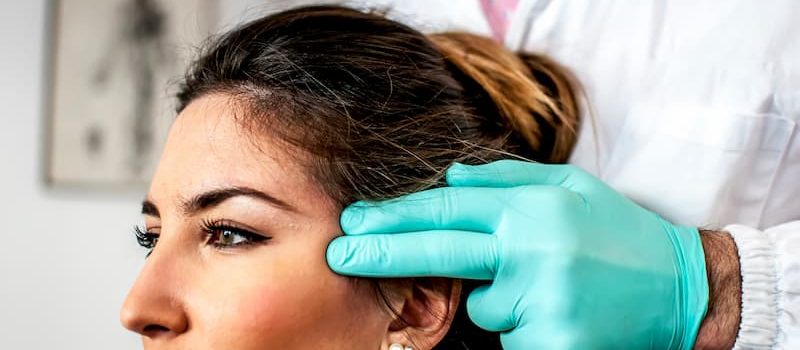 1
Jul
1
Jul
What to Expect at Your Next Dental Check-Up
Has it been a while since you managed to see a dentist? If you have not been in the dental office for quite a few years, you might feel a bit anxious about going into the office for a checkup. However, it is the kind of thing that you should not put off for too long.
Getting routine dental cleanings is the best way for you to care for your teeth while keeping them completely clean, healthy, and free of tartar.
Knowing what to expect during your next visit could help to put your mind at ease and relieve some of the anxiety that you have been experiencing because of your upcoming appointment.
X-rays of Your Teeth
During your visit to the dental office for a checkup, you can expect to have X-rays of your teeth taken. The purpose of the X-rays is to help the dentist identify any potential problems that are starting to develop on different teeth in your mouth, such as cavities that can form in areas that would otherwise be rather difficult to see.
A dental assistant may assist you with this step, making sure to capture clear images of your teeth from the front and back of your mouth. Once those images are taken by the dental assistant, they are often uploaded to a computer system under your name to make it easier for the dentist to see what is going on with your teeth when he or she gets to the room that you are waiting in.
A Deep and Thorough Cleaning
After the X-rays are taken, the dentist will come into the waiting room and begin the process of cleaning your teeth. Dental cleaning involves removing plaque, removing tartar, brushing, and polishing the teeth, leaving them looking cleaner, whiter, and much shinier than before.
Deep cleaning of the teeth is a necessity because it is the best way to ensure that you do not have any bad bacteria building up. A dental cleaning typically does not cause any pain at all and is a rather simple procedure that often takes less than 30 minutes for the dentist to complete.
Time to Talk to the Dentist
Once the dentist has carefully examined the X-rays and cleaned your teeth, along with checking them for any potential issues, you will have some time to talk to the dentist about concerns you might have. If you have questions about the condition of your teeth, you can always choose to ask those questions and receive professional answers from a compassionate and properly trained dental professional. Even if you do not have any specific questions to ask, it is still a good time for the dentist to explain his or her findings with you.
If the dental professional sees something that is concerning, such as decay, early signs of gum disease, or even an abscessed tooth in your mouth, he or she will let you know and then go over the different types of treatment options that are offered at the office.
Finding out how to treat different dental problems that you may end up dealing with is always a good thing because you do not want to wait too long to receive the treatment. If you wait a bit too long, the condition of your teeth could get even worse and you could end up in a lot of pain. You might even lose a tooth due to the severity of the issue.
Keep Up With Routine Checkups
Now that you are fully aware of what you should expect the next time you go to the dental office for a routine checkup, you should make it a priority to have your teeth examined at least two times a year. The longer you wait to visit the dentist, the more problems you could start to experience in the future with your teeth.
While you may feel nervous about having dental work done, there is nothing for you to worry about. If you find a good dentist that is compassionate, professional, and good at what he or she does, you should not mind going into the office for checkups and for other dental work that you might eventually need to have done.





